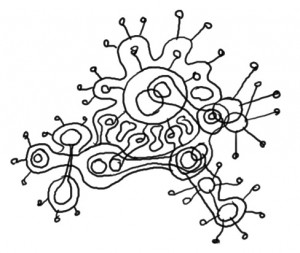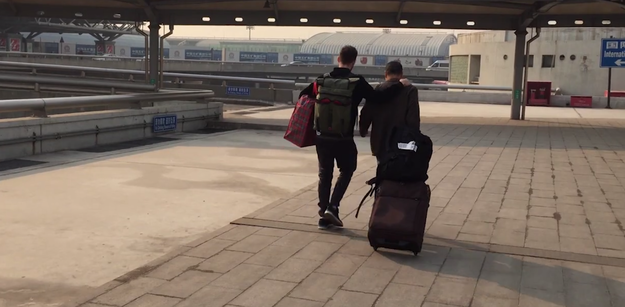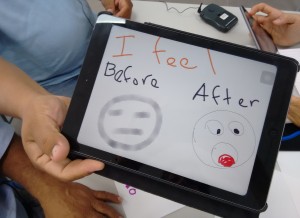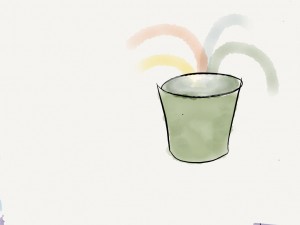 Johnnie Moore pointed to an interesting article on why checklists don’t always produce the kind of positive results expected in hospital operating rooms.
Johnnie Moore pointed to an interesting article on why checklists don’t always produce the kind of positive results expected in hospital operating rooms.
I remember a few years back when I had major surgery. I had been rolled into the operating room. I was looking around and I commented on the team’s use of a checklist. They looked at me, surprised that I noticed. I said I’m interested in group process. With that, they gave me my anesthesia. I think one of the things on the list was to shut up talkative patients. 🙂 But I wondered, did the checklist make a difference for that team? It seemed like they were comfortable and well-practiced…
Outside of hospital operating rooms, where I have no expertise other than as patient, I’m fascinated by what sort of invitation gets people to engage with tools that can increase their individual and collective performance. It seems to me the invitation is as important as the checklist. Here is a related snippet from the article:
Dixon-Woods did identify one exemplary ICU, in which a high infection rate fell to zero after Matching Michigan began. The unit was led by a charismatic physician who championed the checklist and rallied others around it. “He formed coalitions with his colleagues so everyone was singing the same tune, and they just committed as a whole unit to getting this problem under control,” says Dixon-Woods.
I don’t think the intention here is blind lock-step and I cringed a bit at “singing the same tune.” What I do think matters is that people understand the value of something they are asked to do, and that leadership walks the talk. That starts with an informed, intelligent invitation to participate. Not blind obedience. Not “because you have to.” And the ability to critically question an invitation, checklist or whatever, because in complex settings, not everything is predictable.
I’m currently reflecting on the last two weeks where a team of us co-facilitated 2 rounds of a week long learning experience for professors at the University of Guadalajara system in Mexico. (More to come on that.) I suspect where we created warm, intelligent INVITATIONS to experiment with mobile technologies for engaged teaching and learning, we had more professors “accept,” dive in and learn. Where we focused too much on content, we started to lose people. Interesting, eh?
Source: Hospital checklists are meant to save lives — so why do they often fail? : Nature News & Comment



